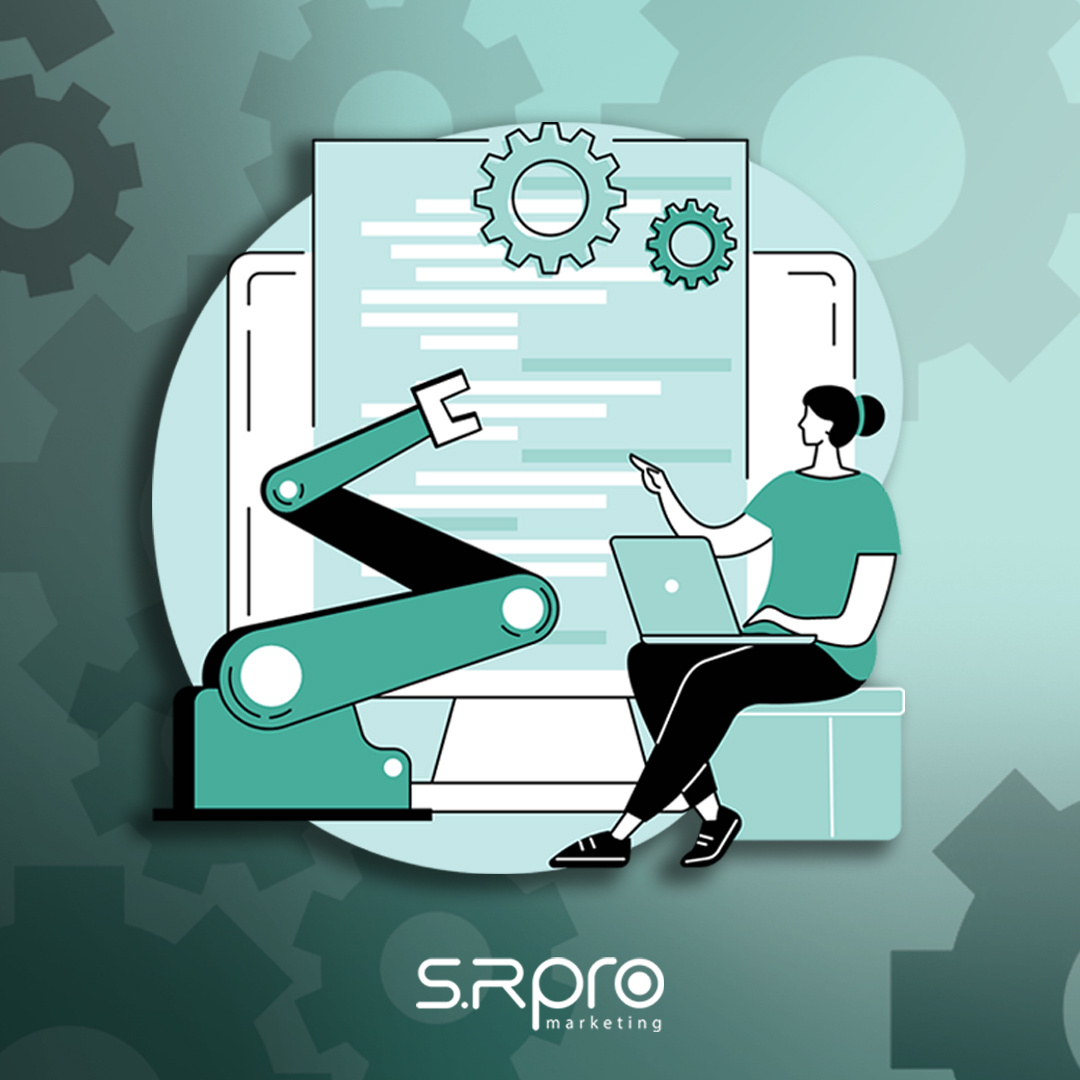
MarTech Automation – Unlocking Efficiency & Growth in Your Campaigns

Marketing technology (MarTech) has become a cornerstone of modern campaigns, providing tools that simplify processes and amplify results. Integrating MarTech allows teams to manage campaigns more effectively, gain actionable insights, and deliver personalized experiences across multiple channels, driving growth in a competitive landscape.
Automation plays a critical role in this transformation by handling repetitive tasks such as email marketing and lead management, freeing teams to focus on strategic initiatives. It enhances efficiency, maintains consistency, and offers real-time analytics for data-driven decisions. In this post, we will explore the key aspects of MarTech automation, its benefits, and practical steps to implement it effectively, helping you maximize your campaign's success.
The Foundations of MarTech Automation
Managing marketing campaigns involves numerous tasks that require coordination and precision. MarTech automation streamlines these processes through a strategy-led approach, leveraging tools to automate tasks, simplify workflows, and enhance outcomes. Its core features include email marketing automation, lead scoring, customer relationship management (CRM) integration, and advanced analytics. As a result, marketers save time, increase accuracy, and provide personalized experiences that engage customers.
Email automation enables targeted messaging based on customer actions, such as signing up for a newsletter or abandoning a shopping cart. Lead scoring prioritizes leads by evaluating their engagement levels. CRM integration centralizes customer data, supporting personalized communication and relationship-building. Analytics tools monitor campaign performance, offering insights for optimization. Platforms like HubSpot, Marketo, and ActiveCampaign are popular for their comprehensive features, ease of use, and ability to scale with business needs.
Boosting Efficiency with Automation
MarTech automation excels at handling repetitive, time-consuming tasks like data entry, scheduling social media posts, and generating reports. Automating these processes saves time and reduces the burden on marketing teams, freeing them to focus on strategic and creative initiatives that drive growth.
Improved collaboration is another significant benefit. Integrating marketing automation tools with CRM systems enables teams to share data seamlessly. This alignment ensures leads are nurtured effectively, and sales teams can access up-to-date information, improving conversion rates. Additionally, automated workflows minimize manual errors, helping to deliver timely messages, accurate reports, and consistent customer data.
Driving Campaign Growth Through Automation

Automation plays a critical role in delivering personalized marketing at scale. Leveraging customer data allows businesses to send tailored messages that address specific needs and preferences. For example, automated email campaigns can send personalized product recommendations or follow-up messages based on a user’s browsing history.
Lead nurturing is a key advantage of automation. Drip campaigns, which send pre-scheduled emails, guide prospects through the sales funnel by delivering relevant information at each stage to drive conversion. Automation also provides real-time insights. Marketers can track campaign performance and make timely adjustments to optimize outcomes. This adaptability helps maintain campaign effectiveness in a dynamic market environment.
Best Practices for Implementing MarTech Automation
Understanding the impact of automation on marketing practices is essential for improving efficiency. When implementing MarTech automation, it is critical to start with a few key processes and expand gradually as the team becomes familiar with the technology. This phased approach minimizes disruptions and facilitates smoother integration into existing workflows.
Measuring the ROI of automated campaigns is critical. Regularly reviewing performance metrics helps identify what’s working and where improvements are needed. Training is crucial, too, as teams need the skills and knowledge to use automation tools effectively. These practices help maximize the benefits of the investment in automation.
The Future of MarTech Automation
As marketing automation evolves, integrating AI and predictive analytics into MarTech systems is set to enhance personalization and targeting. AI can process large datasets to predict customer behavior, allowing marketers to anticipate needs and tailor campaigns accordingly. Predictive analytics helps forecast trends, enabling businesses to stay ahead of market shifts and respond proactively.
Integrating platforms will be critical as the need for seamless MarTech ecosystems grows. This requires ensuring that tools and systems work together to provide a unified view of customer data and campaign performance. As automation becomes more advanced, ethical considerations must also be addressed. Businesses must balance automation with maintaining customer trust, prioritizing transparency and privacy while delivering personalized, efficient experiences.
Harness the Power of Automation to Elevate Your Marketing Strategy
MarTech automation is a revolutionizing tool for improving marketing efficiency and driving business growth. Automating repetitive tasks, enhancing collaboration, and delivering personalized experiences at scale allows businesses to remain competitive and address the changing needs of their customers. As technology evolves, the potential for MarTech automation will expand, making it an essential element of modern marketing strategies.
Ready to maximize the potential of your marketing campaigns through automation? As your MarTech Special Forces, we can help optimize your processes, improve efficiency, and drive growth. Contact us today to discover how we can support your efforts in building a more effective and streamlined marketing operation.
